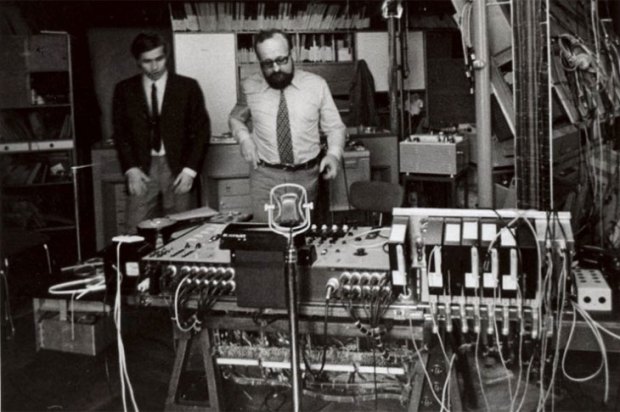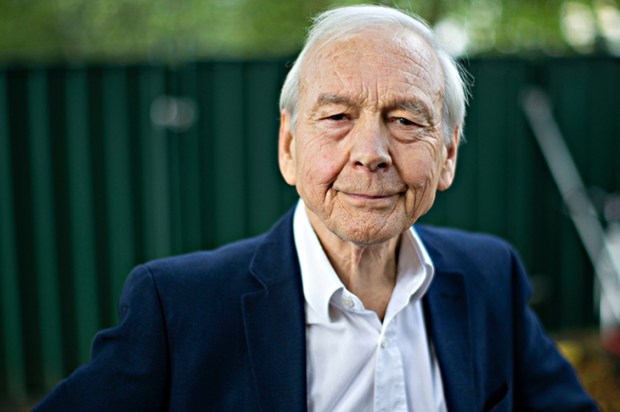Of course there’s a future for digital radio, it’s just that we’ll probably be listening to it online, or on the phone. The wireless set, tucked on the kitchen shelf, beside the bed, among the vases in the lounge, permanently tuned in to Aggers or Humphrys, Livesey or Lamacq, will become a museum piece, an object from the past.
Already a subscriber? Log in
Subscribe for just $2 a week
Try a month of The Spectator Australia absolutely free and without commitment. Not only that but – if you choose to continue – you’ll pay just $2 a week for your first year.
- Unlimited access to spectator.com.au and app
- The weekly edition on the Spectator Australia app
- Spectator podcasts and newsletters
- Full access to spectator.co.uk
Or













Comments
Don't miss out
Join the conversation with other Spectator Australia readers. Subscribe to leave a comment.
SUBSCRIBEAlready a subscriber? Log in